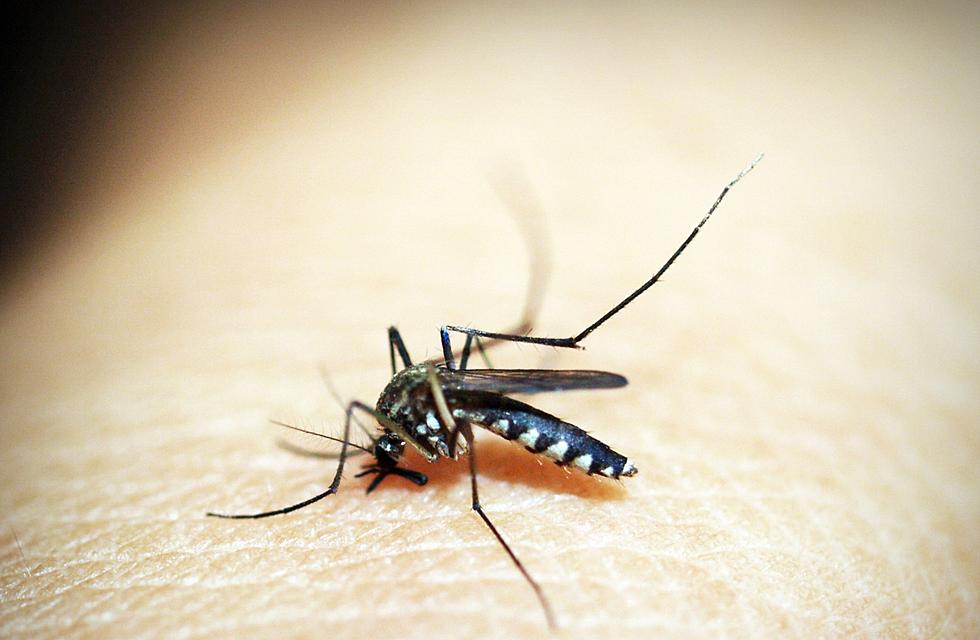
Increased West Nile Virus Cases, Including Death, Confirmed
Wyoming continues to experience more West Nile virus (WNV) activity this season than over the past decade or so.
There have been 20 cases reported, including a death in an older adult Fremont County woman, among Wyoming residents so far this year.
Of these, 12 cases have involved the more severe neuroinvasive type of illness. Cases have been reported from Natrona, Fremont, Goshen, Laramie, Campbell, Park, Platte, Sheridan and Washakie counties. Mosquito pools and animals from around the state continue to test positive for the virus.
“This is clearly Wyoming’s most active West Nile virus season in at least a decade and it does not appear to be over yet,” said Courtney Tillman, epidemiologist with WDH. “It remains important to avoid mosquito bites to help prevent illness with this virus, which can sometimes be quite serious.”
Tillman noted many people who have likely been ill with WNV this year have not been tested and do not realize what has caused their symptoms. “It’s been estimated that for every confirmed neuroinvasive case there may be roughly 30 fever cases. Many, if not most, of these cases have not been identified with testing,” Tillman said.
While most infected people don’t have symptoms, among those who become ill, symptoms include fever, headache, body aches, skin rash and diarrhea. A very small number of individuals develop West Nile neuroinvasive disease with symptoms such as severe headache, fever, neck stiffness, stupor, disorientation, coma, tremors, convulsions and paralysis.
West Nile virus is spread by mosquitoes when they feed on infected birds and then bite people, animals or other birds. Reported annual human cases have ranged from one with no deaths last year to 393 and nine deaths in 2003 since WNV first appeared in Wyoming in 2002.
The “5 D’s” of WNV prevention include:
1) DAWN and 2) DUSK - Mosquitos prefer to feed at dawn or dusk, so avoid spending time outside during these times.
3) DRESS - Wear shoes, socks, long pants and a long-sleeved shirt outdoors. Clothing should be light-colored and made of tightly woven materials.
4) DRAIN - Mosquitos breed in shallow, stagnant water. Reduce the amount of standing water by draining and/or removing.
5) DEET - Use an insect repellent containing DEET (N, N-diethyl-m-toluamide). When using DEET, be sure to read and follow label instructions. Picaridin (KBR 3023) or oil of lemon eucalyptus can also be effective.
Information from WDH about West Nile virus can be found at www.badskeeter.org.
Certain birds such as crows, ravens, jays, raptors, owls and sage grouse are particularly susceptible to WNV. Any questions/concerns about wild birds should be directed to a local Wyoming Game and Fish Office or to the Wyoming Game and Fish Department's Wildlife Health Laboratory at (307) 745-5865.
More From K2 Radio









